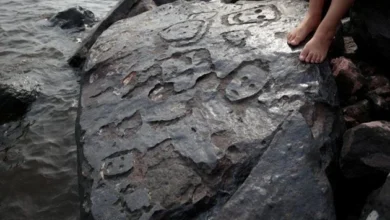How life is in the smallest and richest Arab country, where the dynasty of monarchs has not changed for almost 300 years
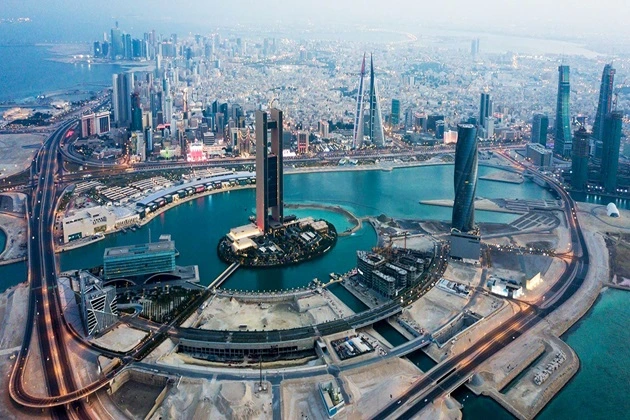
This tiny country, located on islands in the Persian Gulf, is called the pearl of the Arab world. It has an ancient history during which it has gone through many changes. The islands on which it is located have been inhabited by people since prehistoric times, and their names, religions, and peoples inhabiting them have been repeatedly changed. Now, the Kingdom of Bahrain is one of the wealthiest countries in the world, with a high standard of living, rich cultural heritage, and natural beauty that attracts tourists worldwide.
The history of the State located on the islands
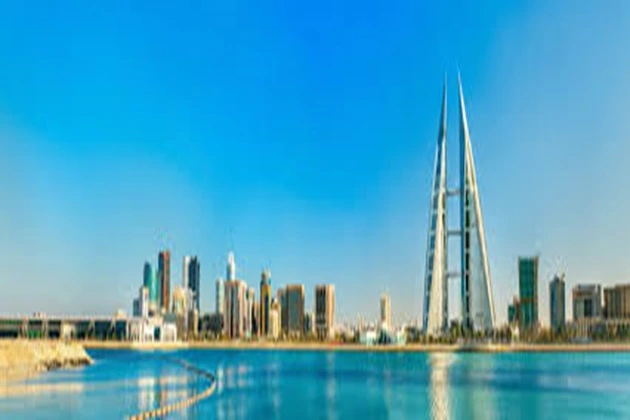
The State of Bahrain has a rich history dating back to ancient times. This story is witnessed by archaeological finds, including Stone Age sites, proving the habitation of ancient civilizations in these places.
Archaeological excavations, which are constantly carried out on the islands of Bahrain, indicate that ancient temples and necropolises were once built here, and the islands were the birthplace of the vanished Dilmun Empire.
In the 7th century, Islam spread to this region, and Bahrain became part of the Islamic world. The Bahrain Islands played a strategic role in trade and cultural exchange at that time. The most valuable Bahraini pearls were also mined here.
At the beginning of the 15th century, the Portuguese invaded the islands, building their forts overlooking the sea, but their rule was short-lived. Visit. A F R I N I K . C O M . For the full article. In the 16th century, the islands were conquered by the Ottoman Empire, which ruled the region for several centuries.
By the beginning of the 19th century, piracy was widespread in the Persian Gulf, and the islands had become a haven for pirates. Here, they traded captured goods and bought supplies for new raids.
The British opposed piracy, sought to secure trade routes, and signed the Bahrain-British Treaty, assuming responsibility for the defense of Bahrain and for the development of its relations with other major states. Later, Britain established a protectorate over Bahrain, essentially turning it into its colony.
In 1971, Bahrain became an independent State, beginning its modern history. Now, this prosperous country has a strong oil industry and a high standard of living and is one of the region’s financial centers.
The peculiarities of life in Bahrain
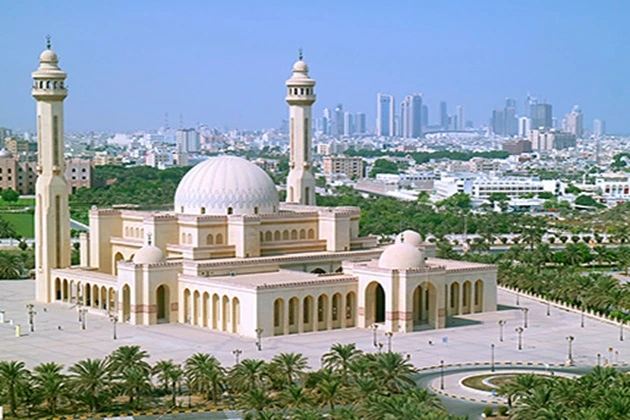
This tiny country is located on 33 islands, totaling 780 square kilometers. However, most of them are so small that it is impossible to build settlements on them and create permanent infrastructure, so they are mainly used as recreation areas for tourists, parking lots for small vessels, nature reserves, and fishing spots.
Settlements and key infrastructure are located on the archipelago’s four largest islands: the main island of Bahrain, as well as the islands of Al-Muharraq, Al-Manama, and Shakkhura.
Bahrain’s capital and largest city is Manama, located on the northeastern coast of the main island. It is the country’s cultural, economic, and political center.
Bahrain’s political system is a constitutional monarchy with a king as the head of State. The country has a constitution and parliamentary elections, but the king’s power over all important decisions remains very significant, and the ruling dynasty of monarchs has not been interrupted since 1783.
Bahrain has a diversified economy that focuses on the financial sector, oil and gas industry, tourism, and maritime trade. It is also an important regional financial center and home to many banks and financial institutions.
Bahrain invests heavily in education and healthcare, and its standard of living is quite high compared to other countries in the region.
Islam is the main religion in Bahrain, and most citizens practice Sunni and Shiite Islam. The country is known for its open and tolerant society, where various religious and ethnic groups coexist in peace and mutual understanding.
Bahrain is considered the most hospitable and tolerant country in the Arab world. Since the standard of living is fairly high, the local population is distinguished by decent behavior. There are no strict limits here, as in other Muslim countries, and alcohol sales are even allowed, but it is forbidden to consume it in public places.
A land of coral reefs, deserts, and gushing springs
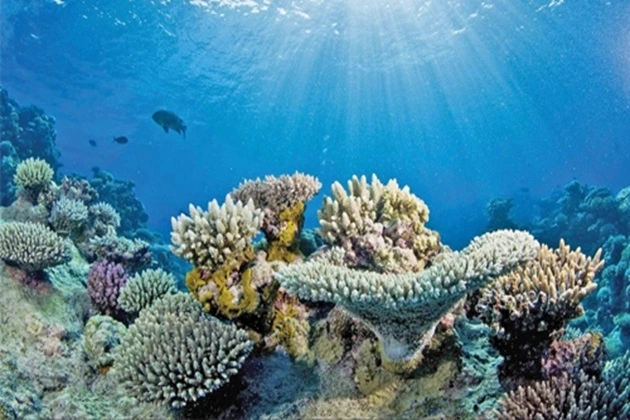
The country is made up of islands with flat landscapes, sandy beaches, and shallow saltwater pools. No single river runs through its territory, and most islands are completely covered with sand. If it weren’t for the underground fresh water, which in some places comes to the surface and bursts with springs, the landscape of these islands would look more like a desert. Groundwater is Bahrain’s most valuable natural resource, supporting agriculture.
Due to their climate and harsh natural conditions, island vegetation is limited. However, islands are home to many birds and marine animals, including various species of gulls, pelicans, and sea turtles. Different species of dolphins are also found in the Persian Gulf.
Bahrain’s coastal waters contain several coral reefs. These reefs play a key role in the marine ecosystem and serve as refuges for many marine organisms, including various species of fish, turtles, shellfish, and other marine life.
However, coral reefs in Bahrain and the surrounding regions are at risk worldwide due to climate change, water pollution, unfair fishing, and the destruction of local biodiversity.
Bahrain’s coral reefs attract diving and snorkeling enthusiasts who come to see the beautiful underwater views and immerse themselves in the unique underwater world of these reefs. They are also interesting to marine biologists and researchers who study this unique marine ecosystem as part of their scientific research.
Attractions and culture of Bahrain
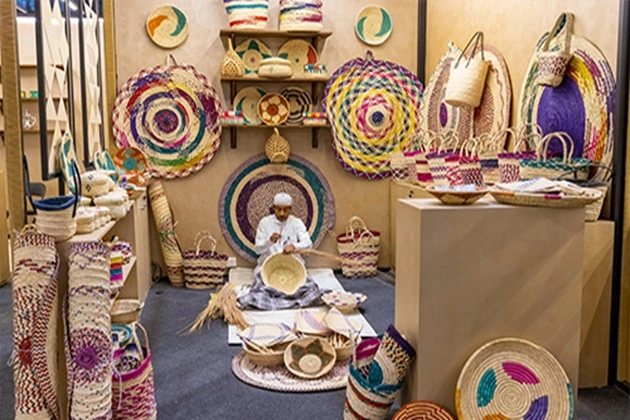
Bahrain’s culture is rich in historical and traditional features reflecting the influence of Islam and the Arab world. The country is famous for its national handicrafts, such as carpets, ceramics, and pearl jewelry.
Bahrain hosts many cultural events designed to preserve its national identity, and sports are developed and popular here. Car racing, football, and basketball are important components of Bahrain’s cultural life. The famous Formula 1 race track is located here.
Bahrain’s historical sites attract tourists. When coming to the country, many people seek to visit Fort Arad, one of the main defensive structures of the main island in the past—erected in the 17th century. The observation deck offers scenic panoramic views.
The country’s main sanctuary and symbol is the Al-Fatiha Mosque, one of the most beautiful in the world. Built of light Italian marble, it is free to attend, but women must be dressed appropriately, with their heads and clothes covered.
The Bahraini capital of Manama has many skyscrapers, which are exciting to see. There is also a famous shopping center, a symbol of eco-architecture, built in the form of two sails: two 50-story buildings are connected by three bridges, each of which houses a wind turbine that provides the building with electricity.



